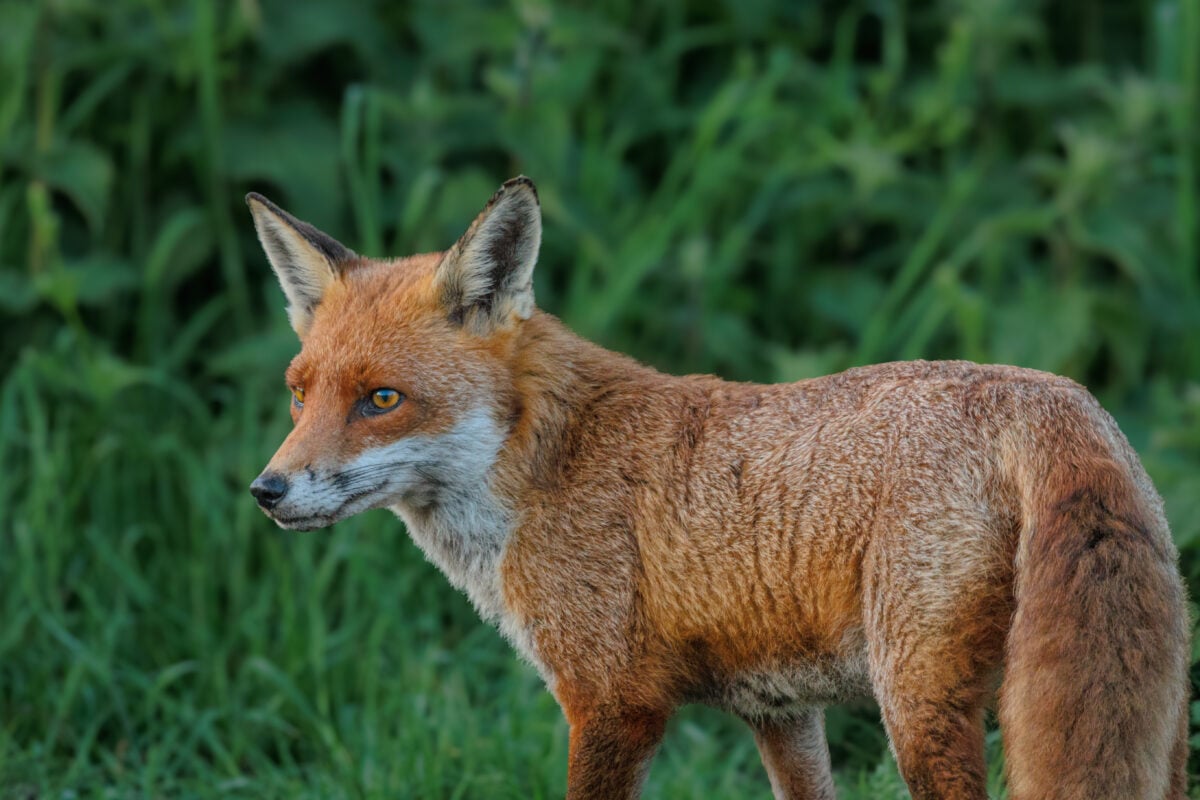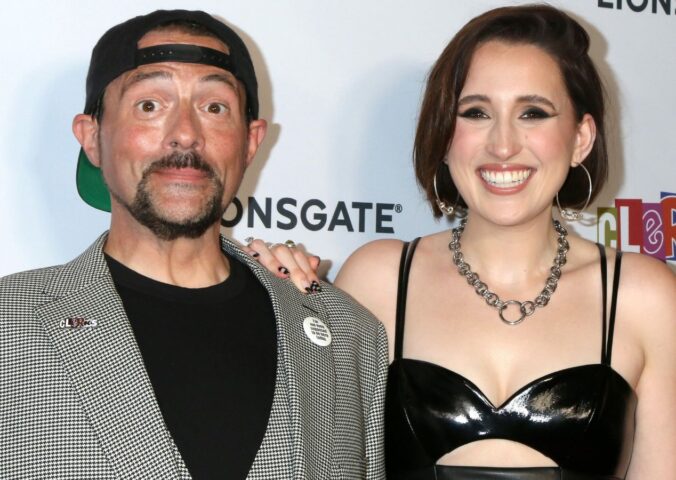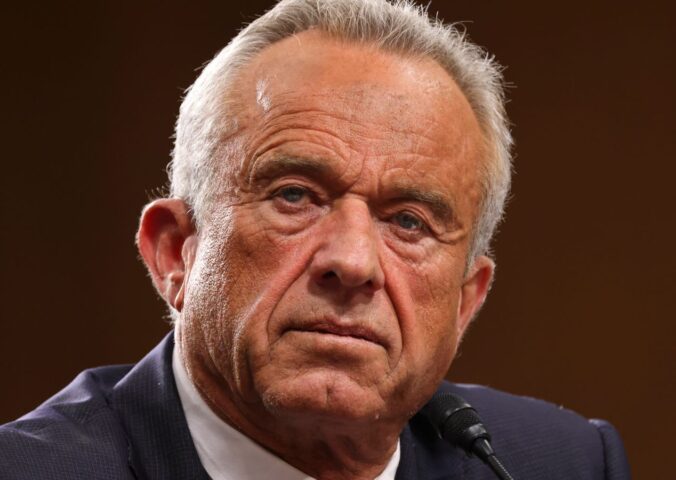Delivering on predictions, Labour has secured a huge majority to form the UK’s new government. The new Prime Minister Sir Keir Starmer campaigned on a promise of change for the country — but what about for animals?
Read more: The UK Government Is Facing Legal Action Over Lobsters – Here’s Why
Before the election, Labour MP Steve Reed, who held his seat for Streatham and Croydon North, said that the party would “introduce the biggest boost for animal welfare in a generation.” And indeed, Labour’s manifesto contained some bold commitments. But, as it was sparse on details, it remains to be seen how and when these commitments might be implemented.
Here’s what you need to know about how animals could fare under Labour.
On wild animals

The Hunting Act of 2004 banning the use of dogs for fox hunting was introduced by Tony Blair’s Labour administration. But the legislation left open the much-abused loophole for “trail hunting” to continue. Starmer’s Labour has said it will close this loophole and ban trail hunting. Foxes will also benefit from a pledge to ban the use of snare traps, used by gamekeepers on shooting estates.
The manifesto also pledged that Labour will “work with farmers and scientists on measures to eradicate Bovine TB … so that we can end the ineffective badger cull.” Since 2013, more than 230,000 badgers have been slaughtered as part of the cull, which has expanded to many counties. Earlier this year, the Conservative government went back on a pledge to phase out the cull, with one ecologist saying “Sunak now wants all the badgers dead.” This was despite even the government’s chief scientists describing the cull as “mindless.”
Read more: I’m Taking The Government To Court Over Farmed Chickens – Here’s Why
Many wildlife organizations have campaigned for the cull’s end, wanting it replaced with vaccinations for badgers and cows. But they are likely to be disappointed that Steve Reed recently went on BBC’S Farming Today to say that existing culling licenses wouldn’t be cancelled. According to reports, badger culls will likely continue until 2026.
A ban on the import of hunting trophies is also on the agenda. This was originally proposed by the Tories in the Animal Abroad Bill but later scrapped.
The Labour Party also said it would “promote biodiversity, and protect our landscapes and wildlife.” It also says it will clean up the country’s rivers and seas, which have suffered pollution from sewage dumping by water companies as well as from manure run off from animal farms. A report published in June, however, stated that highly polluting “mega farms” may continue to be built under Labour. The Labour Party has not made any promises to crackdown on intensive farming.
On companion and captive animals
The Tories angered animal advocates when they rowed back on the Kept Animals Bill, which included measures to increase protections for some companion and farmed animals. They opted instead to introduce protection measures individually, and got as far as banning live exports of some farmed animals, and effectively making it impossible to keep a primate as a pet.
Labour says it will revive more of the bill, ending puppy smuggling and farming. It’s not explicitly mentioned in the manifesto, but the Labour Animal Welfare Society (LAWS) says that the new government will also make it illegal to import dogs with mutilations such as cropped ears.
LAWS also says that Labour has committed to banning the import of foie gras, which is made by force-feeding geese and is considered extremely cruel. This was another policy ditched by the Tories.
Read more: King Charles Banning Foie Gras Should Be Celebrated – But Is It Really Enough?
The manifesto pledges to “work towards the phasing out of animal testing,” a commitment welcomed by campaigners. Cruelty Free International said that this “must lead to the end of the use of animals in UK laboratories, through the development of a roadmap with clear targets, milestones and actions, led by a new minister to co-ordinate plans across all departments.” The UK currently has a “replacement, reduction, refinement” policy on using animals in research. Almost 3 million procedures are carried out on living animals in UK labs every year, the vast majority on rodents, fish, and birds.






